Research Papers/Articles
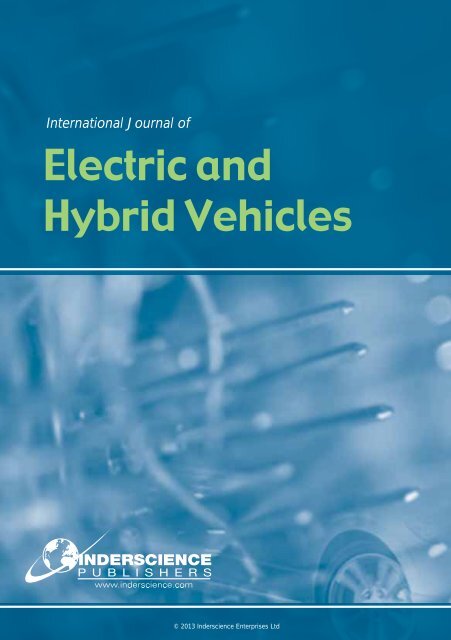
Technological Developments in Batteries: A Survey of Modelling, Estimation, and Management Strategies for EV Application
2021
Author(s): Ravali GG, Raju KN
This paper presents various SOC estimation techniques considering the major nonlinearities and many unknown errors. Thus, the analysis emphasizes many key issues, challenges, and recommendations for developments in SOC estimation and enhancement of battery management systems for future EVs.
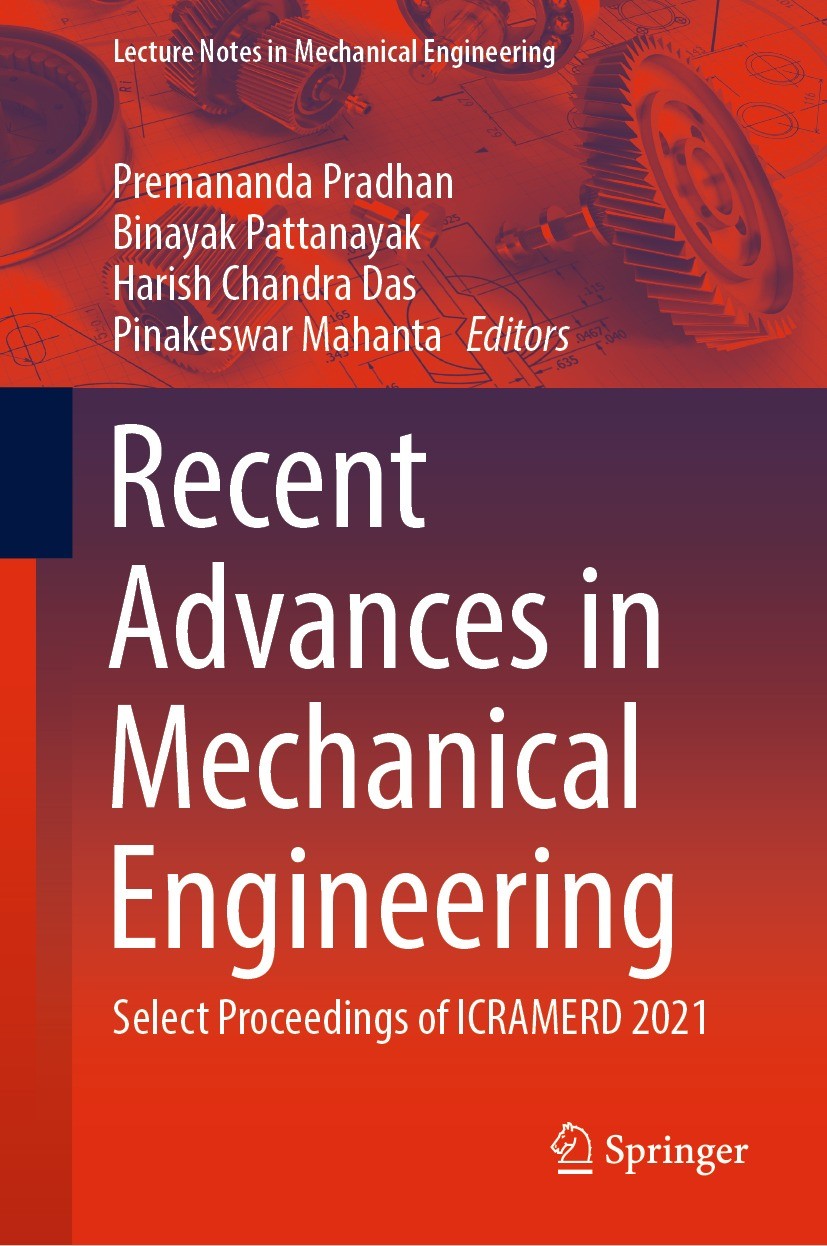
Challenges of Battery Production: A Case Study of Electrical Vehicles in India
2021
Author(s): Kumar S, Pal A
Electromobility, as a road transportation system in which vehicles use electricity for propulsion, may be a viable solution to these issues. The electric motor, which ultimately moves the vehicle, is powered by a battery in this transportation method.
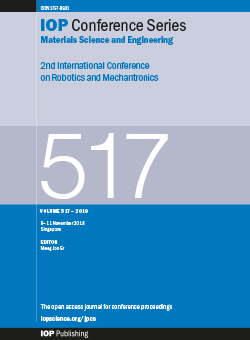
Electric Vehicle Technology: The Transformation of Conventional Vehicle-Based Travel to an Electric Mobility in Urban India
2020
Author(s): Irfan MM, Deshmukh R, Teja MS, Joshi P
This paper compares various motor and battery technologies used by the current automobile Electric Vehicle industry. The article also presents the modelling and simulation of an electric car and recommends that common people to shift from conventional to electric vehicles
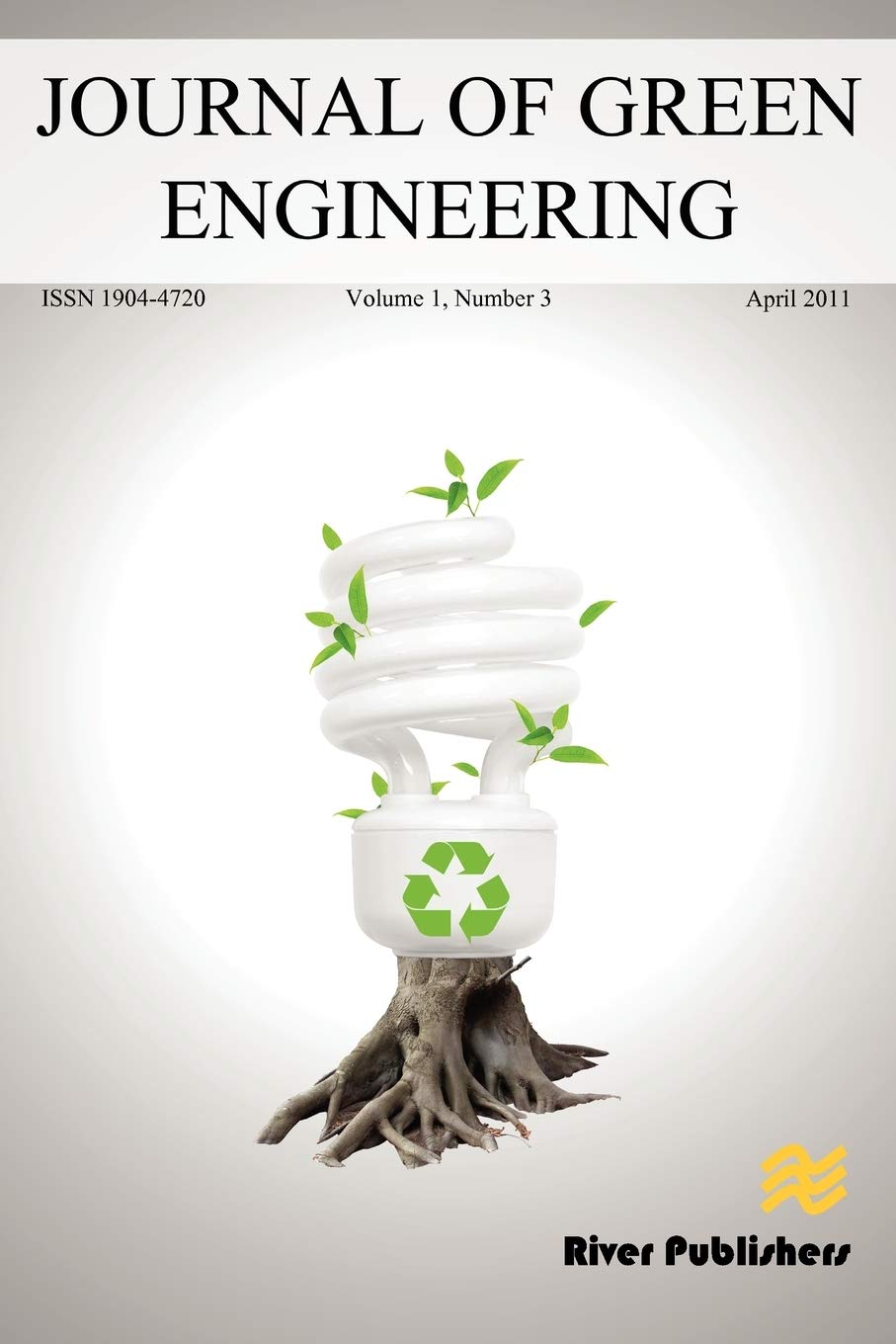
A Comprehensive Review of Electric Vehicles
2020
Author(s): Goyal H, Jain P
This book chapter gives an overview of the evolution of electric vehicles and the main composition of the vehicle. It discusses the comparisons between different charging techniques and batteries for the power source.
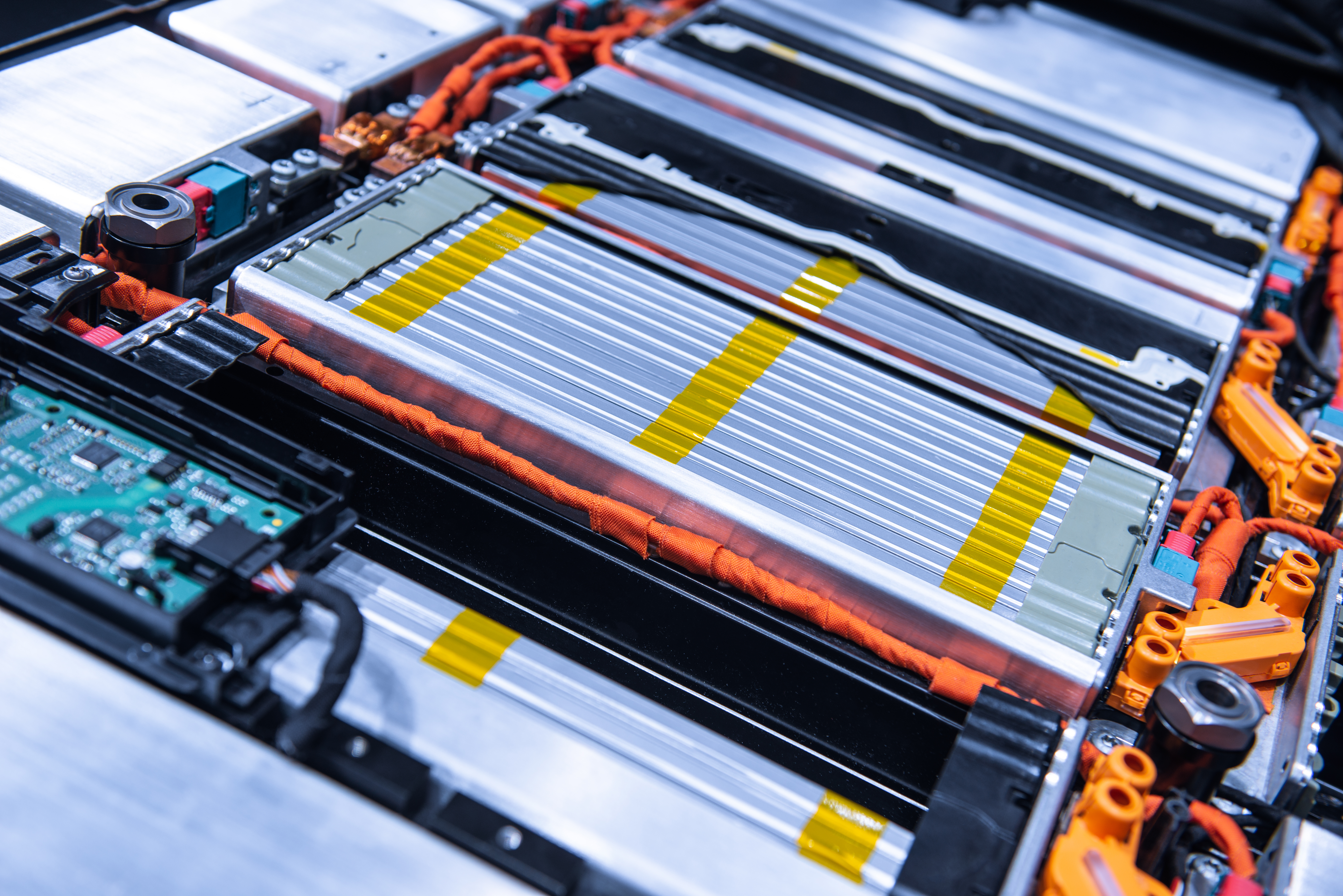
Managing Waste: Battery Recycling in the Indian Scenario
2022
Author(s): Zhimomi T, Bej S
Battery recycling will play a crucial role in the efficient use and re-extraction of the resources ensuring a stable supply chain and contributing to the circular economy. However, the scale at which battery recycling can contribute significantly has not been achieved yet owing to many reasons.
In this article, the authors say that the increase in electric vehicle adoption in the coming years is imminent with the envisaged increase in battery demand. This increase in battery demand would lead to faster exhaustion of minerals required to produce batteries.
Electric Vehicles and Smart Charging: Charging Forward
2021
Author(s): Kalia S, Zhimomi T, Mitra I
In this article, the authors say that adopting smart charging is necessary to enable a smooth transition to accommodate India’s projected increase in e-mobility and electricity demand.
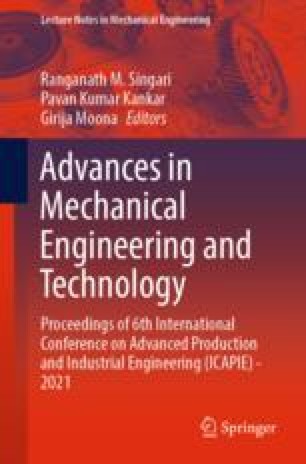
Electric Vehicles Challenges, Opportunities, and Future Scope: The Recent Review
2022
Author(s): Verma R, Srivastava SK, Narain A
In this paper review of the future electric vehicle approach, challenges and opportunities are discussed. The reliability assessment of the internal system, a modern electrical network with EVs, and implications of autonomous driving, connected vehicles, and shared mobility would impact EV grid integration, as well as power grid evolution in the direction of future energy internet, have also been summarized.
Canada’s Path to 100% Zero-Emission Light-Duty Vehicle Sales: Regulatory Options and Greenhouse Gas Impacts
2022
Author(s): Sen A, Bui A, Miller J
Considering Canada’s 2050 target of net zero GHG emissions, the only scenario that comes very close to achieving that target is Alternative 3 (-93% tank to wheel emission reduction from 2021), which completely phases out plug-in hybrid sales by 2035. Alternative 2, which caps plug-in hybrids at 20% of electric vehicle sales, would achieve an 88% reduction from 2021 to 2050.
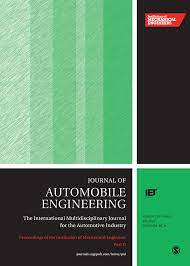
Critical Analysis on the Implementation Barriers and Consumer Perception Toward Future Electric Mobility
2022
Author(s): Chidambaram K, Ashok B, Vignesh R, Deepak C, Ramesh R, Narendhra TMV, Muhammad Usman K, Kavitha C
This article investigates the barriers and infers the comparative order of resolution for each barrier based on its priority to be identified and overcome. Consumers are the major influencers of electric vehicle demand and acceptance, so barrier analysis is carried out based on their opinions.



